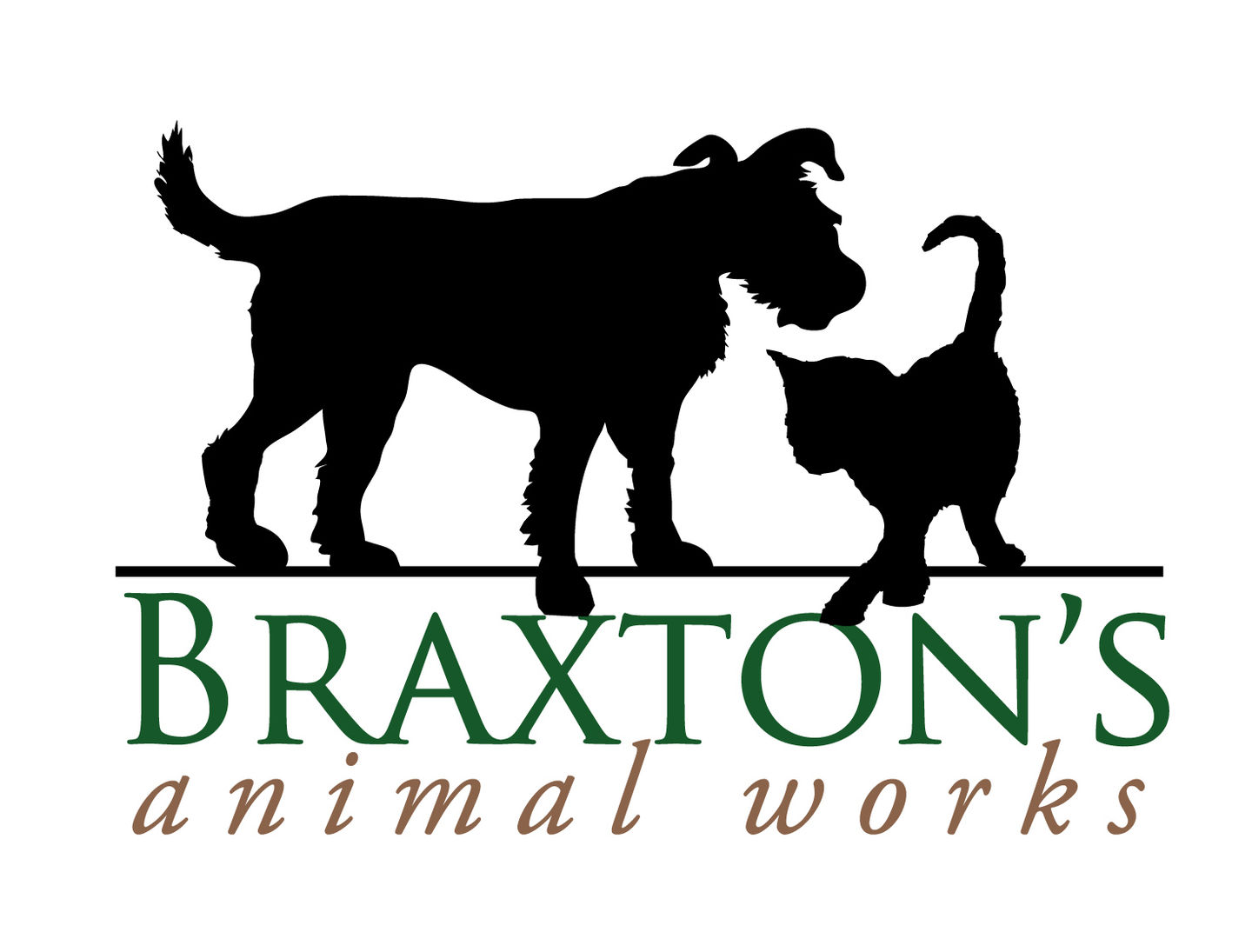Meow there! I'm Molly! Braxton's Chief Cat in Charge! I know a thing or two about keeping myself healthy and hydrated. As much as I love lapping up goat's milk and munching on my favorite foods, I know that proper hydration is a crucial aspect of my overall well-being. As a cat, I have unique needs when it comes to my diet, and one of the essential elements that I need in my meals is moisture. In this post, I will be answering some frequently asked questions about the importance of moisture in a cat's diet and how it helps to maintain a healthy urinary tract.
Q: Why is water essential in a cat's diet?
A: As obligate carnivores, we felines have evolved to get much of our hydration from the prey we hunt in the wild, which contains high levels of moisture. Domesticated cats, however, have different dietary habits, and often have a less moisture-rich diet, which can lead to dehydration, urinary tract issues, and other health problems. Drinking water is important to help us maintain proper kidney function and keep our bladder healthy.
Q: How much water should my furry friend drink each day?
A: Cats require roughly one ounce of water per pound of body weight, although this can vary depending on their activity level, diet, and environment. As an indoor feline, I prefer to lap water from a shallow dish or fountain rather than sitting in the sink, where I'm always in danger of falling in...
Q: Can I just feed my cat a dry kibble diet instead of wet food?

A: While a dry kibble diet is a convenient option, it can lead to dehydration in your kitty. A moisture-rich diet is necessary to promote kidney function and flush out toxins from our bladder. Wet food can also help keep us feeling full and satiated, which can prevent overeating and subsequent weight gain, a common health issue among indoor cats. Try adding some bone broth to your kibble to improve the hydration in your diet. I love Open Farm's Turkey bone broth
Q: What are the signs that my cat is dehydrated?
A: As a cat, I may be picky about drinking water, but it is important for my health, and there are signs that can indicate that I am dehydrated. Some common signs may include lethargy, panting, vomiting, sunken eyes, and a dry or sticky mouth. If you spot these symptoms, it may be time to schedule a check-up with your vet.
Q: What are some tips to encourage my cat to drink more water?
A: As an independent cat that likes to do things my way, I can be hesitant to drink water at times. Encouraging me to drink more water may require a little bit of creativity on your part. You can try providing a variety of water sources around the house, including a pet fountain, and flavoring the water with chicken broth to make it more enticing. Alternatively, you can try feeding me a moisture-rich diet like canned food or adding water to dry kibble to boost moisture levels.
As a feline, maintaining a healthy urinary tract is crucial for my overall well-being, and hydration plays a critical role in achieving this. Providing me with a moisture-rich diet and access to fresh water sources is an excellent way to ensure that I stay healthy and vibrant. I hope that this blog has given you some insight into the importance of moisture in a cat's diet and how you can help your feline friend stay hydrated and healthy. Remember, a healthy cat is a happy cat!

